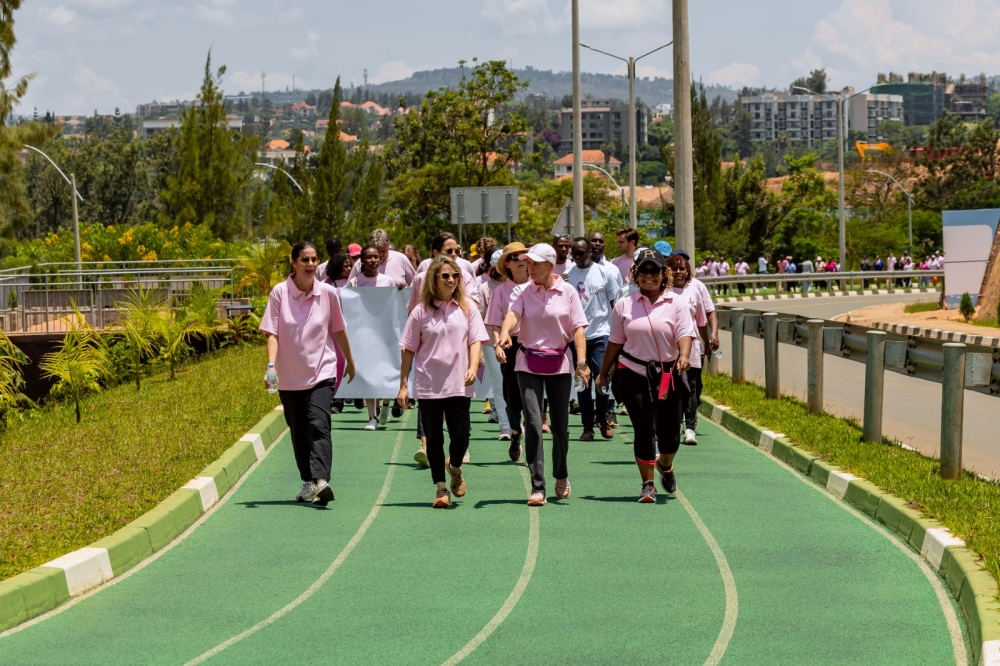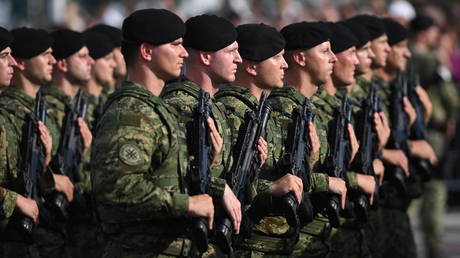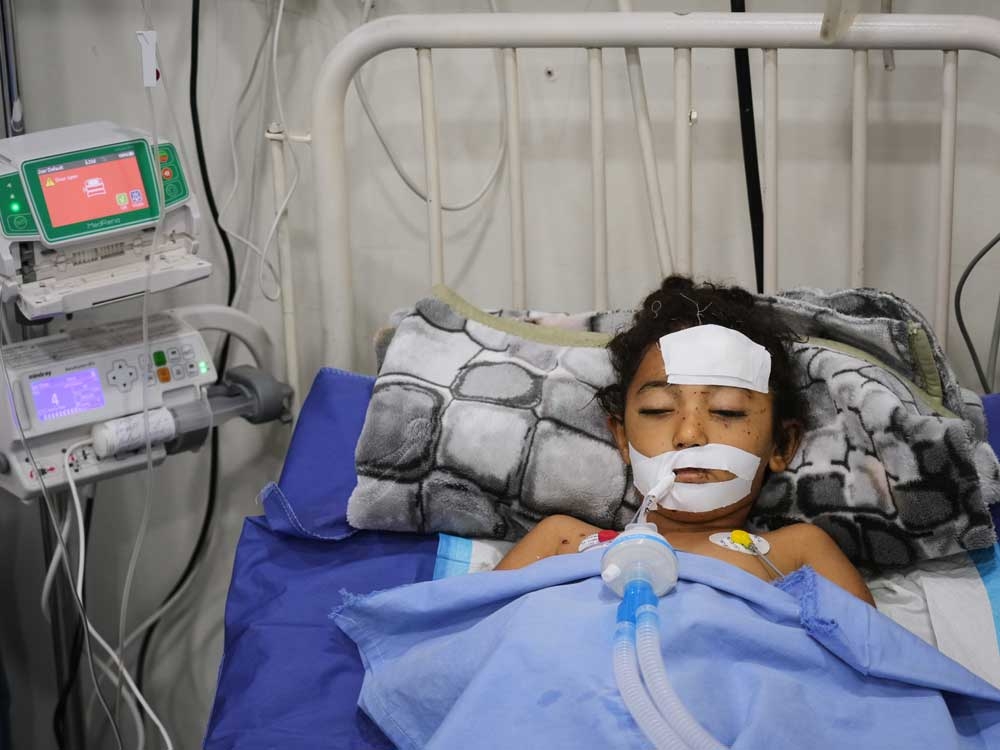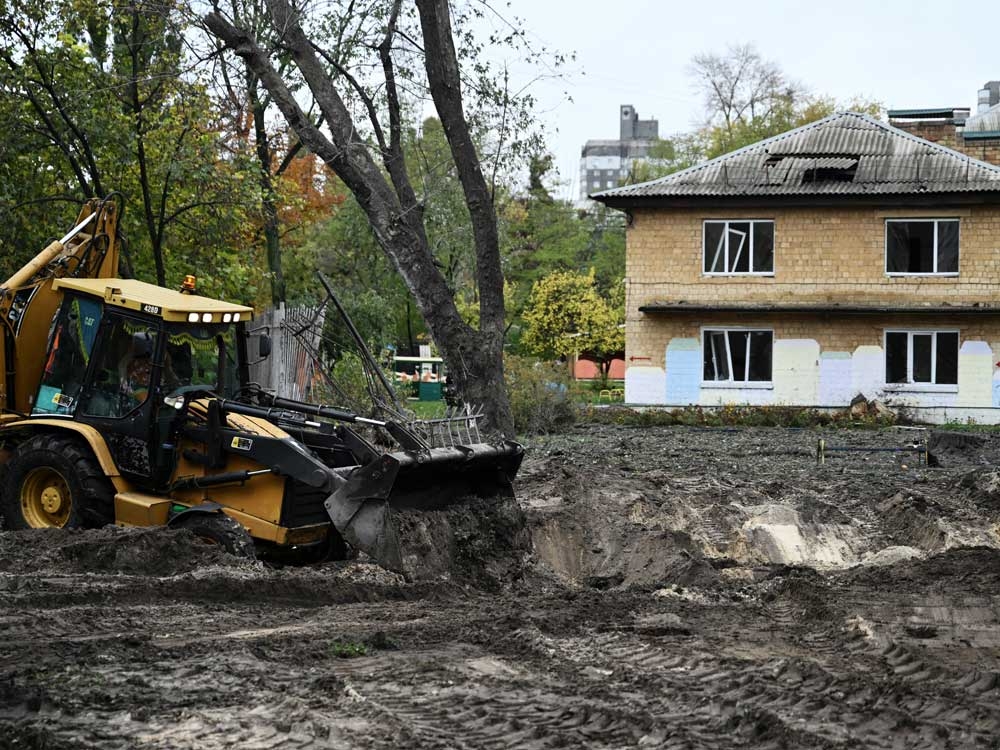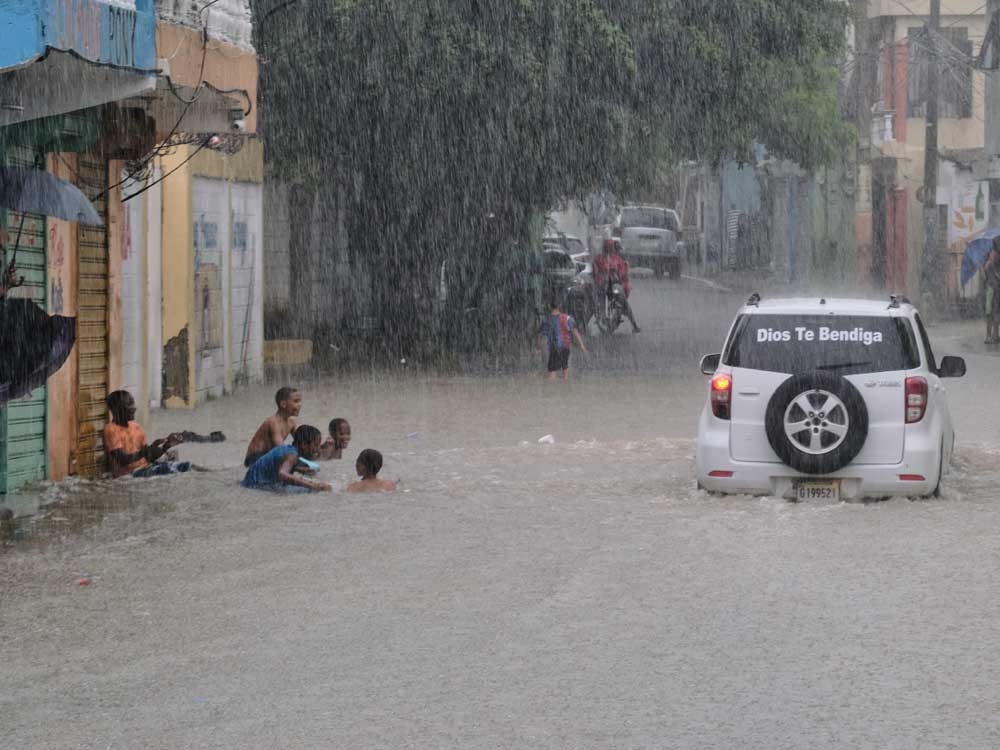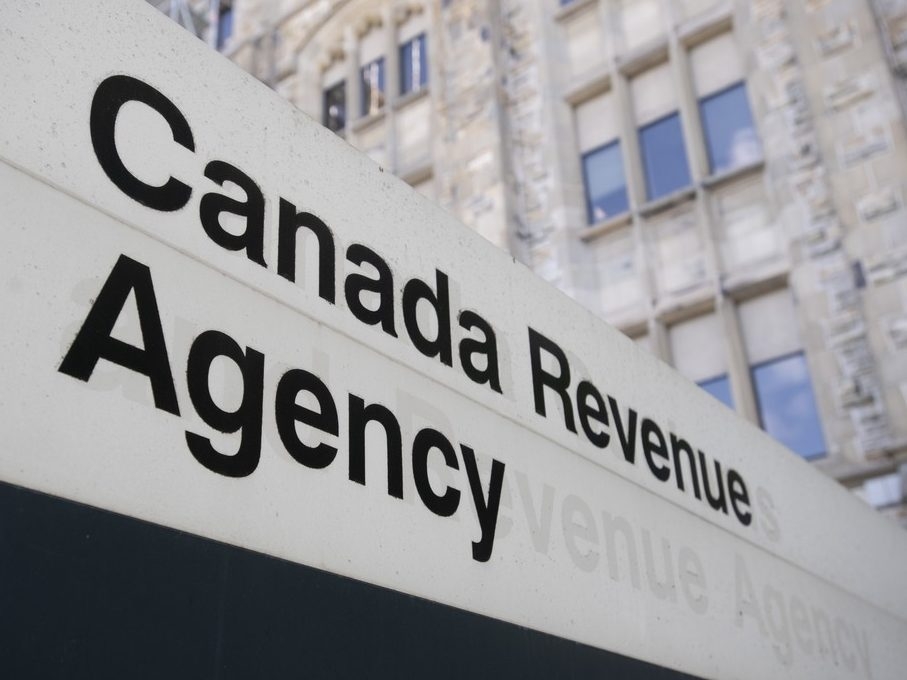Dutch Ambassador to Rwanda Joan Wiegman has revealed that she was diagnosed with breast cancer earlier this year, urging Rwandans to prioritise regular screening and overcome the fear and stigma surrounding the disease.
ALSO READ: Projected global rise in breast cancer by 2050 is a call to action
Wiegman said the diagnosis came unexpectedly during a routine medical check-up in the Netherlands in January,
“I felt perfectly healthy and had no symptoms at all, so when they told me I needed more tests, I thought, no, this is not happening, this is not me,” she said during an interview with The New Times.
ALSO READ: Cancer: Increased awareness and diagnostics improve outcomes
Further tests confirmed that she had early-stage cancer, and she said the diagnosis came just in time. Within ten weeks, she underwent surgery followed by radiotherapy. After her treatment, she decided to speak publicly about her experience to give people hope and raise awareness.
The ambassador said her experience made her realize how access to early diagnosis and treatment can save lives.
She acknowledged how fortunate she was to have access to comprehensive medical support, noting that she had done nothing to earn it and was simply born into that advantage, and recognized that the same level of care is not available everywhere.
Motivated by her experience, Wiegman partnered with Female Ambassadors and Heads of Mission in Kigali to organize a breast cancer awareness walk on Friday, October 24, to mark Breast Cancer Awareness Month.
The walk took place along the green track around the golf course and included free breast cancer screening for both women and men, conducted by Rwanda Cancer Relief, a non-profit organization supporting improved cancer care, and Bethania Home Care, which provides support to cancer patients.
“I wanted to add my voice to this cause and reach people who might not otherwise hear this message. We organized the event in just one and a half weeks, and I am proud of what we accomplished,” Wiegman said.
She said fear and stigma are still the main obstacles to early diagnosis in Rwanda, with many people feeling ashamed or too scared to check their health.
Wiegman added that early detection can make a difference and urged people not to feel afraid or ashamed, noting that cancer is an illness like any other, and can affect anyone, but the earlier it is detected, the better the chances of successful treatment.
“I want to emphasize that breast cancer is not only a women’s disease. I spoke to men this week who asked why they should be screened, and I told them they can also get breast cancer. Many were surprised, but there is nothing to be ashamed of, it’s not a punishment; it just happens. “When I was diagnosed, my first reaction was anger more than fear. I was fit, felt fine, and it was just a regular check-up. I thought I would tick the box and move on, so this news was really hard to accept,” Wiegman said.
Wiegman said her recovery was supported by the hospital staff and by her colleagues and friends, noting that even small gestures, like messages or flowers, can make a big difference for someone unwell.
Wiegman said there are plans to expand the walk in the future, making it bigger and involving more organizations.
Speaking at the event, Einat Weiss, Ambassador of the State of Israel to Rwanda, noted that people often underestimate how simple it is to perform a basic exam for early detection of breast cancer and the difference it can make.
With Rwanda’s progress in health services and public access, such screenings are now widely available, making it easier for people to take preventive action, she added.
“Breast cancer doesn’t discriminate. Make use of the clinics and services available, and make sure to get checked at least once a year, no matter who you are or when,” she urged.
For those newly diagnosed, Weiss said no one has to face cancer alone, noting the importance of consulting medical professionals, talking openly with family and community, and using the support available.
“With advances in treatment, there are now more ways to fight the disease, and staying connected with loved ones and caregivers is important, with the country’s healthcare system ready to provide help.”
Alain-Fabrice Mizero, Executive Director of Rwanda Cancer Relief, noted the organization’s efforts to raise breast cancer awareness during Pink October activities.
“Today, we are mobilizing communities, promoting screenings, and raising funds for patients already battling breast cancer. Early detection is necessary because you can’t fight an enemy that you don’t know. First, we promote awareness so people understand what cancer is, how it affects them, and how it can be prevented,” he explained.
He noted that awareness campaigns by the organization, conducted both in communities and on social media, aim to engage people and promote preventive health measures. By helping the public understand breast cancer, these campaigns encourage more people to go for screenings.
We also aim to reduce the stigma and fear associated with the disease, and we encourage women to take steps toward early detection and timely medical care, Mizero added.
Breast cancer is the leading cancer in Rwanda, with 27.1 cases per 100,000 people. According to data from the Rwanda Biomedical Center, its incidence has been rising since 2007, and it is the deadliest cancer in the country.
